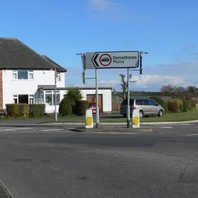
Viking Names
Donisthorpe
Donisthorpe, historically belonging to the Repton and Gresley Hundred of Derbyshire, comes from the Norman male personal name Durand (Middle English genitive singular Durandes) and the Old Norse element þorp ‘outlying farm, settlement’. Place-names containing þorp are thought to be later names, or at least rather longer lived, than those containing the Old Norse element by ‘farm, settlement’ because there are more instances of post-Conquest-type elements combined with þorp than by. Donisthorpe is an example of one of these place-names. Donisthorpe is a joint parish with Oakthorpe and they were both transferred to Leicestershire in 1897. These place-names are close in proximity to Boothorpe and Osgathorpe in Leicestershire demonstrating the density of the Old Norse element þorp across the medieval and modern landscape.
Read More
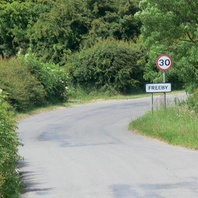
Viking Names
Freeby
Freeby, in the Framland Hundred of Leicestershire, comes from the Old Danish male personal name Fræði (genitive singular Frætha) combined with the Old Norse element by ‘a farmstead, a village’.
Read More

Viking Names
Sysonby
Sysonby, in the Framland Hundred of Leicestershire, comes from the Old Norse male personal name Sigsteinn (Middle English genitive singular Sigsteines) and Old Norse by ‘a farmstead, a village’.
Read More
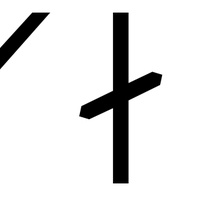
Viking Names
Skeggi
The male name Skeggi is sporadically recorded across Scandinavia and Iceland in the Viking Age and later. It forms the first element of Skegness, Lincolnshire, with Old Norse nes ‘headland’. The name possibly derives from the Old Norse word Skegg, meaning ‘beard’.
Read More
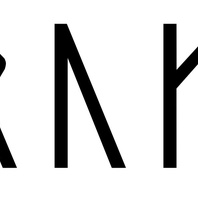
Viking Names
Hrok
Hrókr is not a common name in Scandinavia, though it does appear in a couple of Swedish runic inscriptions. The name is also the first element of Roxby, Lincolnshire.
Read More
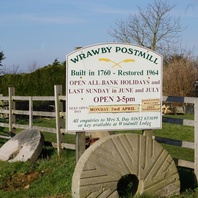
Viking Names
Wrawby
Wrawby, in the Yarborough Wapentake in Lincolnshire, comes from the Old Danish male personal name Wraggi and Old Norse by ‘farm, settlement’.
Read More
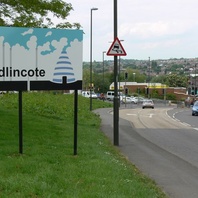
Viking Names
Swadlincote
Swadlincote, in the Repton and Gresley Hundred of Derbyshire, probably comes from the Old Norse male personal name Svartlingr and the Old English element cot ‘cottage, hut, shelter, den’. However, it is possible that the first element may equally well represent the Old English male personal name Sweartling.
Read More
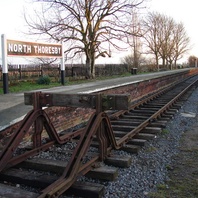
Viking Names
North Thoresby
North Thoresby, in the Haverstone Wapentake of Lincolnshire, comes from the Old Danish male personal name Thorir (Old Norse Þórir) and Old Norse by ‘a farmstead, a village’. The affix North distinguishes it from South Thoresby, in the Calcewith Hundred of Lincolnshire, which has the same etymology.
Read More
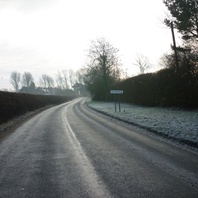
Viking Names
Stixwould
Stixwould, in the South Riding of Lincolnshire, is a hybrid place-name from the Old Norse male personal name Stigr and Anglian wald ‘a forest; high forest-land’, which is topographically appropriate.
Read More
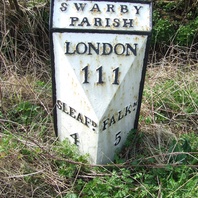
Viking Names
Swarby
Swarby, in the Aswardhurn Wapentake of Lincolnshire, is an Old Norse compound formed from the male byname Svarri and by ‘a farmstead, a village’. Swarby is a joint parish with Aswarby.
Read More

Viking Names
Beli
Beli is probably an original byname derived from the Old Norse verb belja ‘to bellow, roar’. No certain instance is recorded in Viking Age Scandinavia, though it is recorded as a giant-name in Old Norse mythological texts. Beli is suggested as the first element in Beelsby, Lincolnshire.
